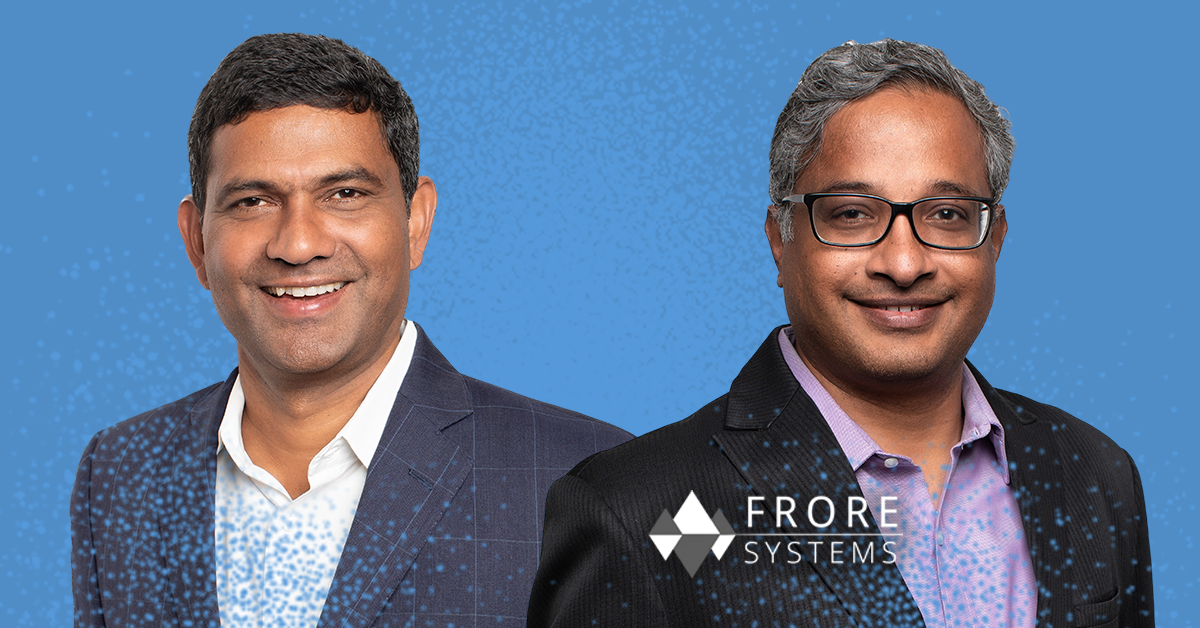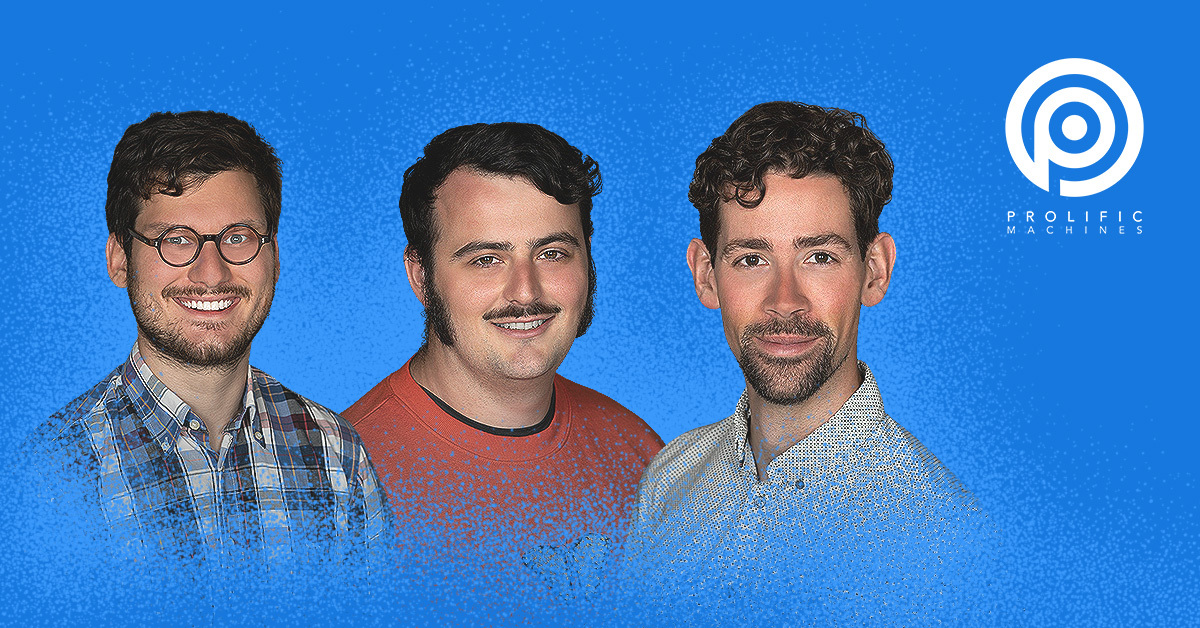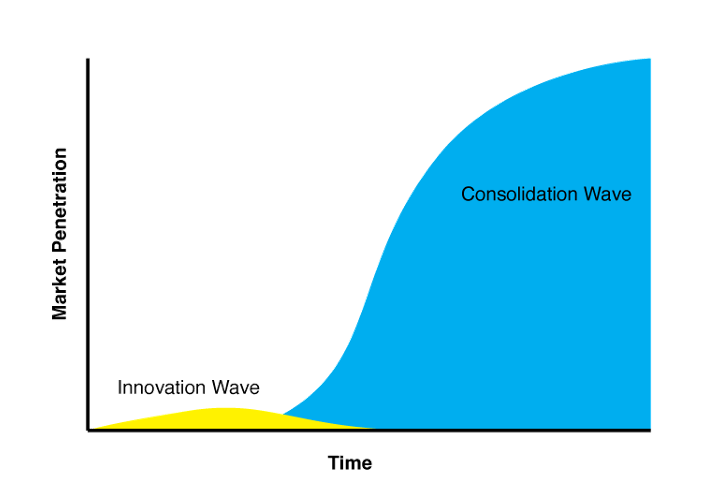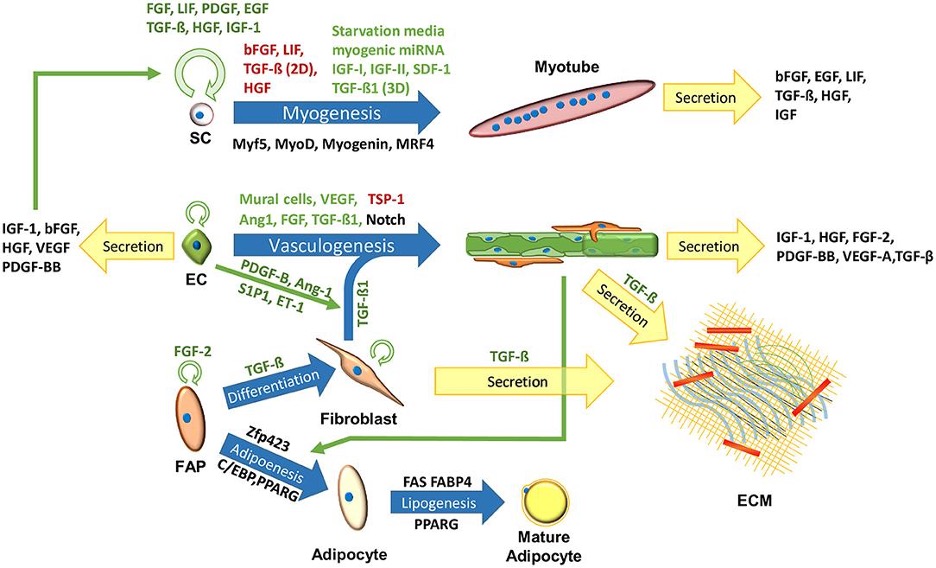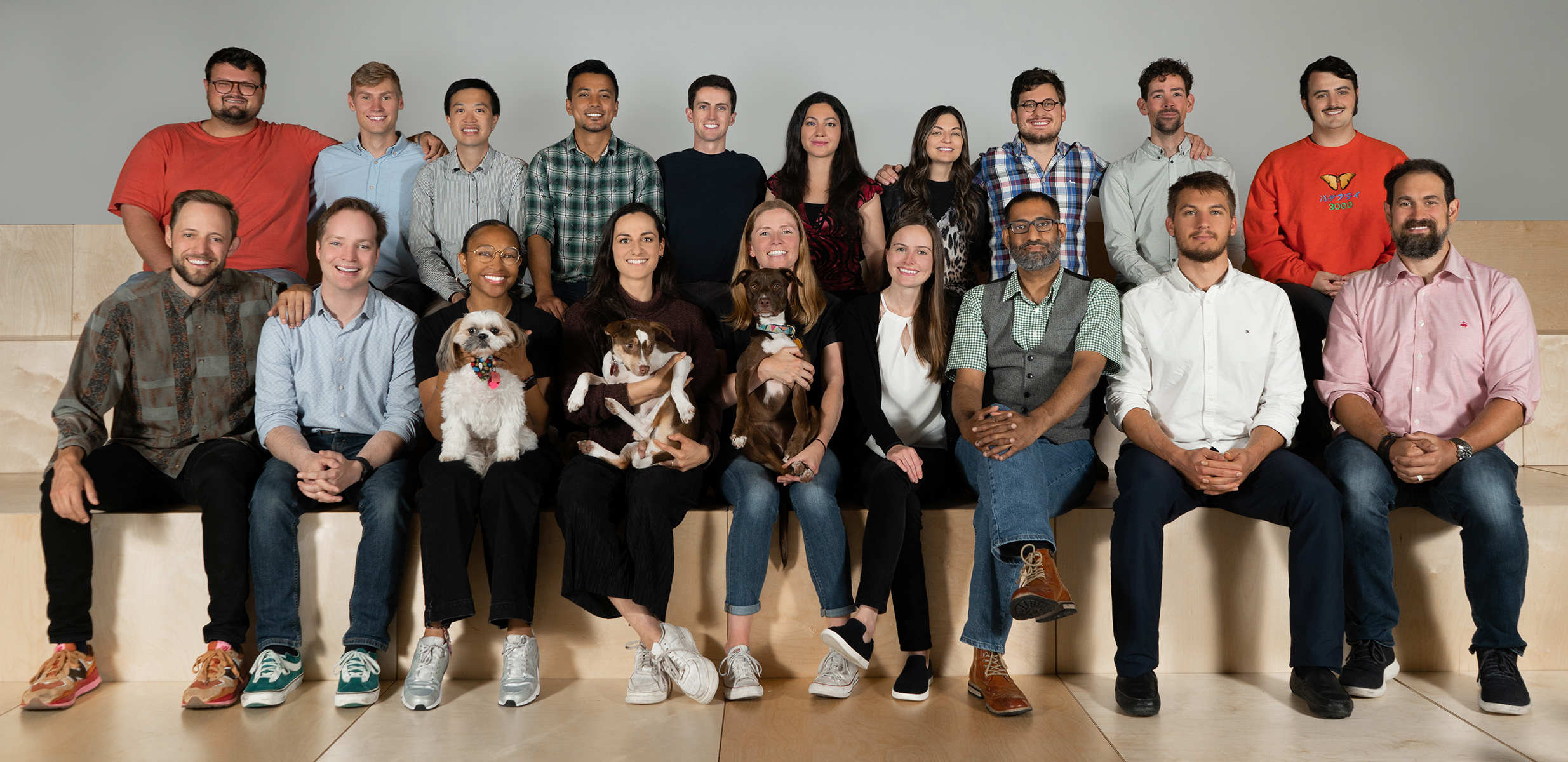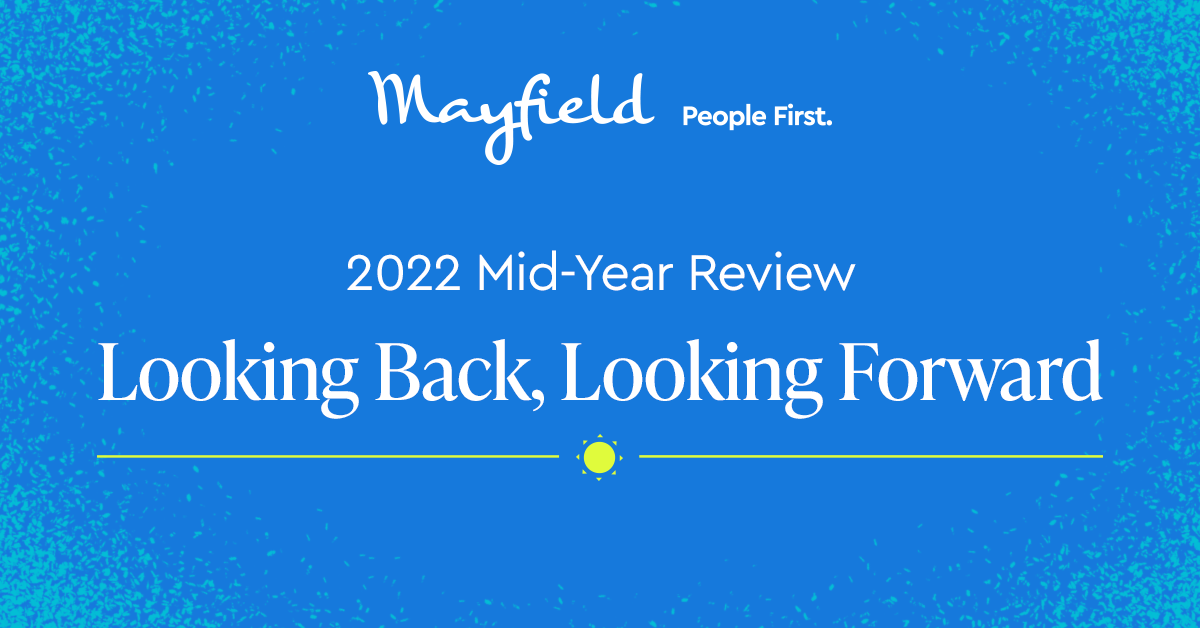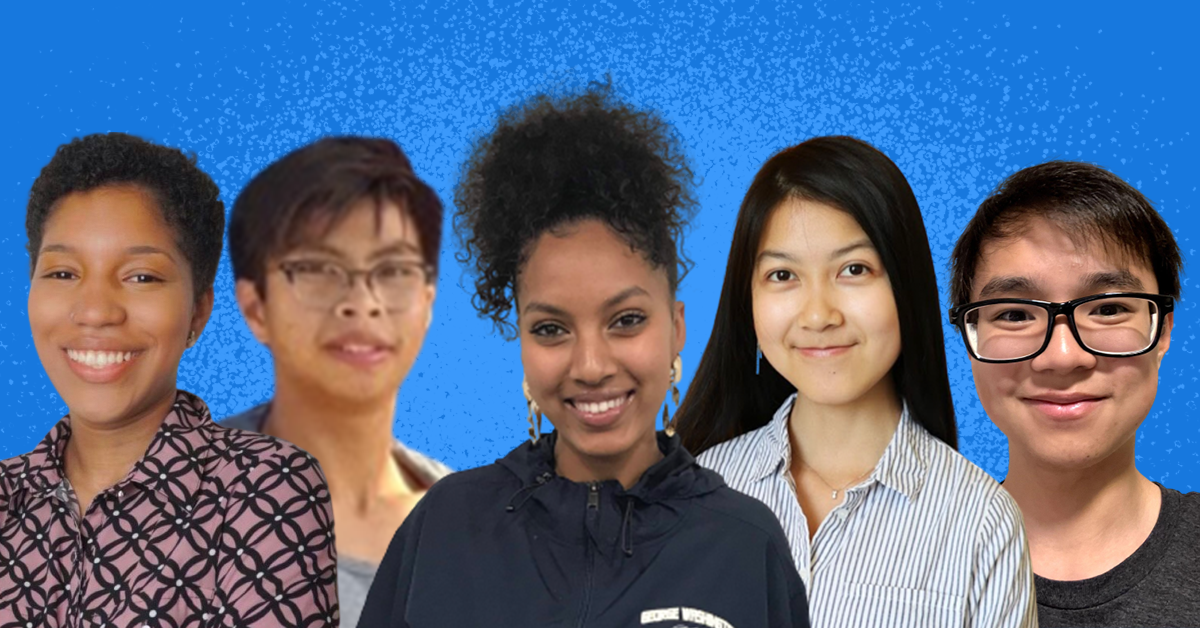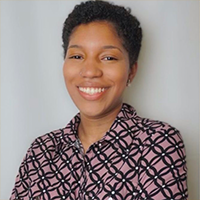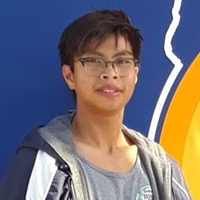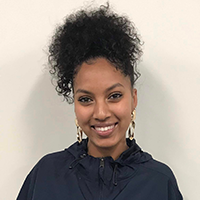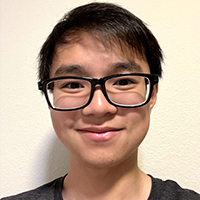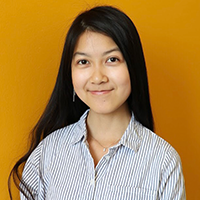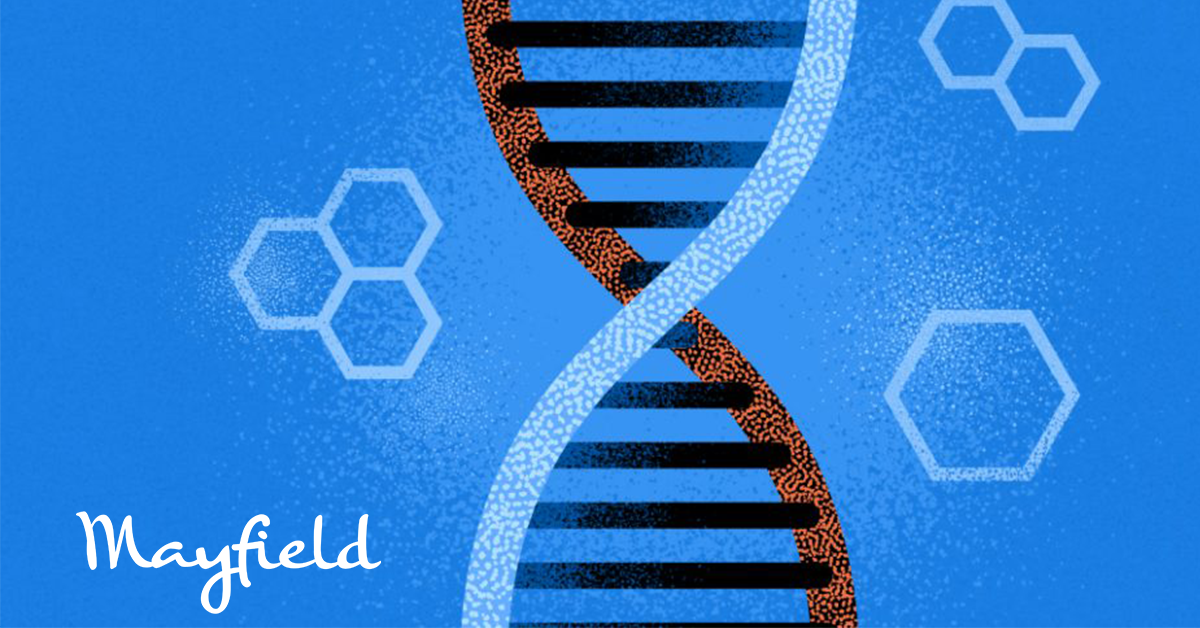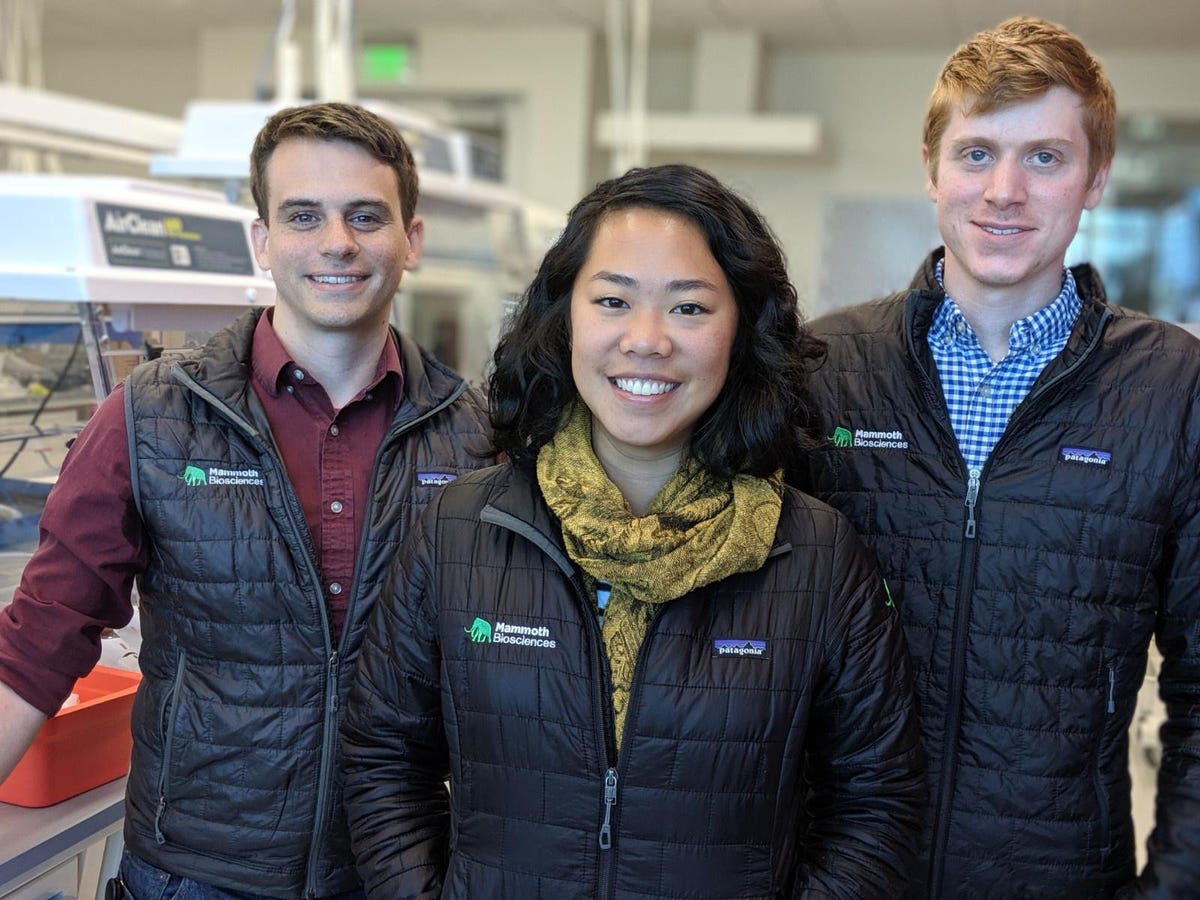When Seshu Madhavapeddy first pitched his vision for a new type of computer chip that could cool computing devices, believers were in short supply.
“Most people when they heard our idea would say it’s impossible,” says Madhavapeddy, co-founder and CEO of Frore Systems. “The attitude of some seemed, ‘We won’t believe it even after we see it.’”
People are bound to believe now. Four years after Madhavapeddy and Surya P. Ganti co-founded Frore, the company exited stealth mode and unveiled its new chip, dubbed AirJet. Borrowing ideas from technology used to cool aircraft engines, AirJet generates short, intense blasts of air that target heat, a critical pain point in all computing devices.
“Heat is by far the biggest hurdle we need to overcome in computing,” says Patrick Moorhead, a respected industry analyst and CEO of Moor Insights & Strategy. Heat, or rather the inability to remove it effectively, means that some of the industry’s most powerful processors are often forced to perform at half speed. Frore’s AirJet solid state air-cooling chips could double the speed at which today’s notebooks and tablets can operate, says Moorhead. “I came in a skeptic but now I’m a huge believer.”
Finding a 21st century solution to an old problem
The idea for Frore was first hatched over a beer in San Diego in 2018. Madhavapeddy and Ganti both worked at Qualcomm, where they had just completed work on a new fingerprint sensor Qualcomm had created for smartphones and other devices.
“We were brainstorming about what would be a cool thing to do together if we were to start a company on our own,” Madhavapeddy says. Ganti, who had previously worked as a senior research scientist at GE, a top supplier of jet engines, floated the idea of applying to computers the technique used for cooling aircraft engines. “I immediately latched onto it,” Madhavapeddy says. “The fan was invented in the 19th century, and yet as we move into the 21st century, it still remains the main option for heat removal.”
The faster a processor runs, the more heat it generates. If it can’t be cooled effectively or sufficiently, it risks overheating. Because fans are loud and take up precious space, manufacturers are often forced into a compromise that involves running chips at less than full speed. For example, the ultrafast Apple chip inside the MacBook Air, one of the world’s thinnest notebooks, is often operating at less than 50 percent of its full power. “We saw an opportunity to bring 21st century technology to the problem,” Madhavapeddy says.
A solution inspired by jet engine technology
Madhavapeddy already had two successful startups to his credit. Alcatel-Lucent bought the first company he had co-founded, Spatial Wireless, for $300 million in 2005. The second company, Sipera Systems, was sold for an undisclosed sum to the networking company Avaya in 2011. He was eager to make the leap into his third startup. It took him a while to convince Ganti to give up his vice president of technology job at Qualcomm. But by July 2018, the pair set up shop in Ganti’s garage in Los Altos and started working on Frore, a synonym for frozen and frosty.
Heat is removed from an aircraft engine through a process called jet impingement that creates high velocity blasts of air. “Because the air is moving really fast, it’s a very efficient way of sucking up heat from hot surfaces,” Ganti says. His idea was to bring that same thermal cooling technique to portables and phones. “The question was how would you miniaturize it into a chip 2 millimeters thick,” Ganti says. Their chip, which does physical work by creating high-velocity air flow, is the first of its kind, and its development demanded technological breakthroughs across disciplines. The company’s earliest employees were PhDs from an array of specialties, including electrical engineering, mechanical engineering, materials science, chemistry, and physics.
“We didn’t know exactly how, but we knew that it was within the realm of possibility,” Madhavapeddy says. “And when Surya says something is possible, he is going to find a way.”
New processes require a new chip fab
The pair found an early ally in Navin Chaddha, managing partner at Mayfield. Initially, Madhavapeddy had been seeking only advice from Chaddha, whom Ganti had known for years through the alumni network of the Indian Institute of Technology. Soon, Mayfield was ready to invest so the company could “break the rules of science to be able to do this thing,” Chaddha says.
When Madhavapeddy said he might need $2 million to get Frore going, Chaddha had other ideas. “That’s not interesting because you won’t make any progress as a hardware company,” he remembers saying. “The right raise for you is $10 million.” Mayfield led Frore’s $10 million seed round.
It was a given that the Frore chip had to be tiny. The two believed it would be used like memory chips, where manufacturers—or users—could add more cooling chips just as they can snap in more memory, if desired. They also insisted their invention be silent. “A consumer buying an electronic device wants it to perform at its highest potential, they want it thin, and they want it to be silent,” Madhavapeddy says.
Frore had a prototype one year after they had started. With a design plan in hand, Frore expanded to Taiwan, the world center for semiconductor production facilities.
“Because the materials we use, the process technology we use, is so unique there was no company out there that could take our blueprints and manufacture the chip,” Ganti says. “So we had to build our own fab from the ground up.”
Laptops before smartphones
It took a year before the fab in Taipei could produce samples. Since then, they’ve been perfecting those samples and enduring a marathon process that the industry calls “qualification.” Once fully qualified, Frore fab is ready to produce 1 million AirJet chips per year. Additional capacity is planned in 2024, both through in-house expansion and through licensing to contract manufacturing partners.
As veterans of Qualcomm, a wireless company, it was natural for Madhavapeddy and Ganti to think of going after the smartphone market. But Chaddha persuaded them to focus on a smaller market, at least initially. “The required volume per customer could be 10 million, 50 million, 100 million phones,” Chaddha says. “They were never going to adopt a brand new technology without some proof points.” He suggested they pick an easier point of entry instead, and show demonstrable success. “Then go after the volume opportunity,” he told them. Frore now has a plan to focus initially on the ultra-thin notebook market, then move into the rest of the laptop market, tablets, headsets, and gaming devices—and eventually smartphones.
Working with Mayfield: Trust, Radical Candor, and a Gentle Guiding Hand
Read more >>
From the start, Frore has had good relationships with potential customers. Madhavapeddy has been knocking on customer doors since almost the beginning and has found a receptive audience. “There is such a latent demand and hunger in the market for an innovative thermal solution that truly unleashes the performance of their compute devices,” he says.
Chip makers are interested in any innovation that might help maximize the performance of the processors they produce. Qualcomm is an early investor and partner. Intel has had a year-long deep engineering collaboration, integrating AirJet into the Intel Evo ultra-thin notebook reference platform. “Intel is excited about the engineering collaboration with Frore Systems to help ready their technology for future Intel Evo laptops,” says Josh Newman, VP & GM Mobile Platforms at Intel.
“We have customers who are committed to launching devices with AirJet in the second half of 2023,” Madhavapeddy says. Because of confidentiality agreements he can’t name the companies, but they include, he says, large notebook makers familiar to any consumer.
A quintessential Silicon Valley tale
As Frore made demonstrable progress, more and more skeptics became believers, allowing the company to raise $116 million in venture capital to date. It still has some $70 million in cash as it seeks to win over the market in the months and years ahead.
“Frore Systems represents what Silicon Valley startups are all about,” Chaddha says. “The company has tackled one of the industry’s biggest challenges, delivering products that will completely transform computing.”


